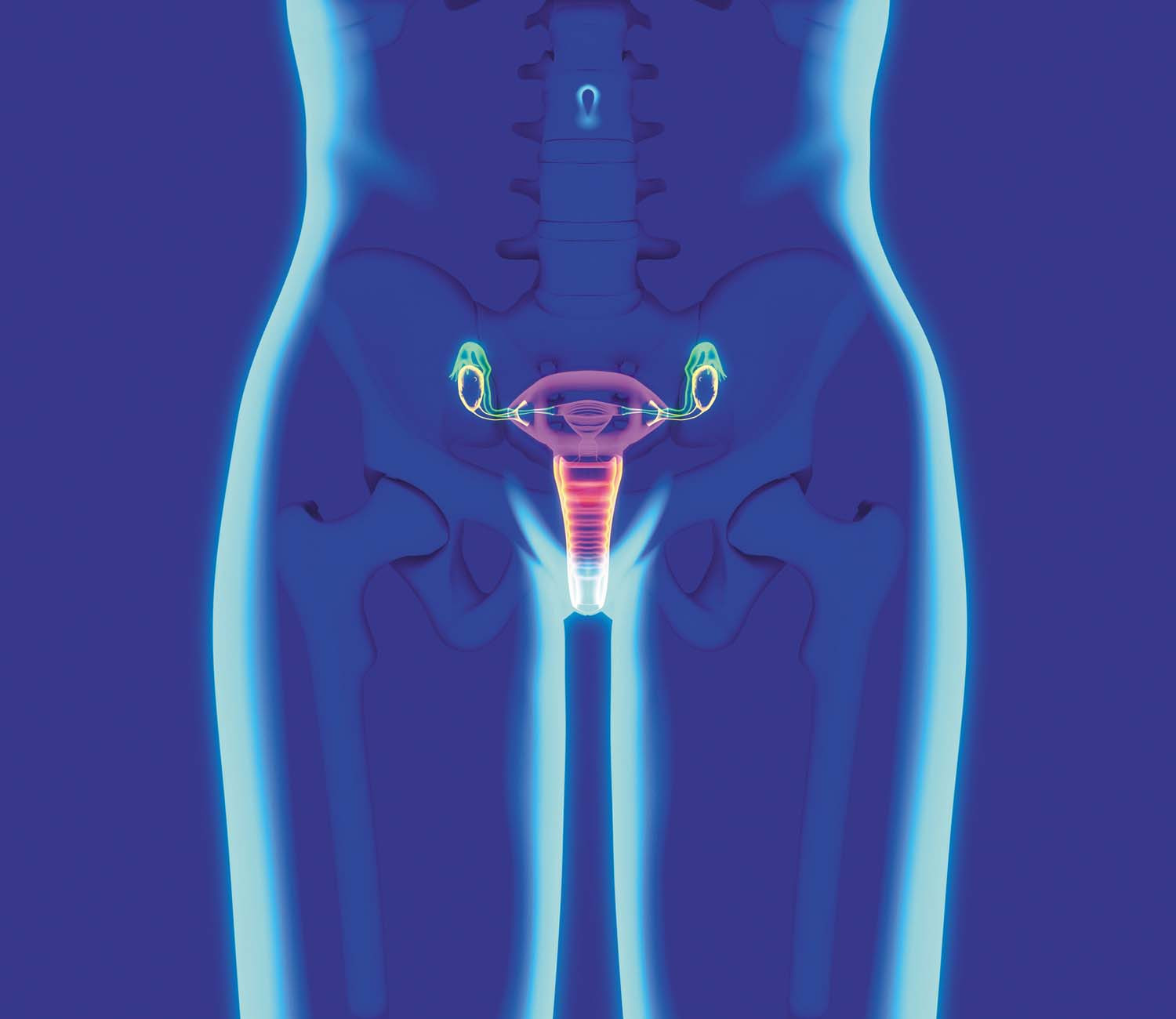The lowdown on vaginal TLC
Learn what to veer toward — and stay away from — to support a healthy vagina.
- Reviewed by Toni Golen, MD, Editor in Chief, Harvard Women's Health Watch; Editorial Advisory Board Member, Harvard Health Publishing; Contributor

In The Vagina Monologues, playwright and activist Eve Ensler compared vaginas to the Bermuda Triangle. "There's so much darkness and secrecy surrounding them," she wrote.
Nearly 30 years later, many women maintain that shroud, scarcely considering a body part they've walked around with their entire lives unless something goes awry down there, such as itching, odor, discharge, or other signs of inflammation or infection.
Because of this, we often carry little awareness that things we eat, drink, or use can support our vaginal health or detract from it. Some foods are believed to ease dryness or fight off infection, for example, while other substances can invite those very problems.
"The vagina is this incredible place that has its own defense against germs, has to be hospitable to sperm, and expands by 300% of its normal size to allow a baby through it," says Alisa Pascale, a women's health nurse practitioner at Harvard-affiliated Massachusetts General Hospital's Vulvar and Vaginal Disorders Clinic. "As with other parts of our body, there are things we can do to keep it optimally healthy. To me, a healthy vagina is one you're not thinking about unless you want to."
Unique microbiome
Just like our mouths and our guts, our vaginas contain a microbiome — a collection of trillions of bacteria and other microbes. "Good" bacteria called lactobacilli typically dominate a healthy vagina and exert anti-inflammatory effects. They also help maintain the balance of the vagina's microbiome by inhibiting harmful bacteria.
Certain conditions can signal this delicate ecosystem has gone askew. The most common vaginal infection is called bacterial vaginosis (BV). It's a type of vaginitis (an umbrella term covering many conditions marked by vaginal inflammation), often caused by an imbalance in the vagina's natural bacteria. BV can lead to vaginal discharge, odor, and itching. The bacteria responsible for BV can also be found incidentally and may not cause symptoms at all.
While you may give little thought to the teeming colonies of microbes in your vagina, the specter of BV and other vaginal problems suggests you should, Pascale says. "Vaginas with microbiomes that are out of balance are more susceptible to getting an infection," she says.
Vagina-friendly foods
Science is beginning to identify what can knock the vaginal microbiome out of whack — or keep it stable. Diet is one way to contribute to the latter, Pascale says. Perhaps it should be no surprise that fruit, vegetables, legumes, and whole grains are good for the vagina for much the same reason they benefit the rest of the body: by tamping down inflammation that can lead to or worsen a variety of conditions.
"It also makes sense that if you consume an inflammatory diet with lots of sugar and processed foods that you're probably going to have a higher risk of vaginal issues," Pascale says.
Here are some other vagina-friendly foods:
Yogurt. This and other foods rich in probiotics (live bacteria shown to benefit health) — such as some types of sauerkraut, pickles, and miso — can support proper levels of vaginal bacteria that stave off BV, according to a 2022 study published in Frontiers in Cellular and Infection Microbiology.
Water. Insufficient fluid intake — less than the equivalent of about six 8-ounce cups of fluid a day — can contribute to parched and itchy vulvar skin. "Just like all our mucous membranes, including the mouth and gut, the vagina can be dryer if it's not well hydrated," Pascale says.
Soy. Tofu, edamame, and other soy products contain substances called isoflavones that act like estrogen, potentially easing vaginal dryness caused by diminishing levels of this hormone during perimenopause and beyond.
What to avoid
On the other hand, certain substances and products are at odds with vaginal health:
Tobacco. Scientists have found nicotine in the vaginal secretions of women who smoke, meaning the effects of this habit travel far beyond the lungs. "We do know that nicotine, through smoking, influences the microbiome of the vagina," Pascale says. "Women who smoke may be more at risk for bacterial vaginosis and other infections."
Douches. These and other "cleansing" products such as tea tree oil, witch hazel, and Epsom salts can irritate vulvar skin. Douching also increases the chance of BV returning. "Don't use feminine wipes, powders, creams, or other over-the-counter products, even those that say they're meant for the vulva," Pascale says. "There are a zillion products marketed for 'vulvar health,' and we don't need virtually any of them."
Image: © Roger Harris/Getty Images
About the Author

Maureen Salamon, Executive Editor, Harvard Women's Health Watch
About the Reviewer

Toni Golen, MD, Editor in Chief, Harvard Women's Health Watch; Editorial Advisory Board Member, Harvard Health Publishing; Contributor
Disclaimer:
As a service to our readers, Harvard Health Publishing provides access to our library of archived content. Please note the date of last review or update on all articles.
No content on this site, regardless of date, should ever be used as a substitute for direct medical advice from your doctor or other qualified clinician.
















